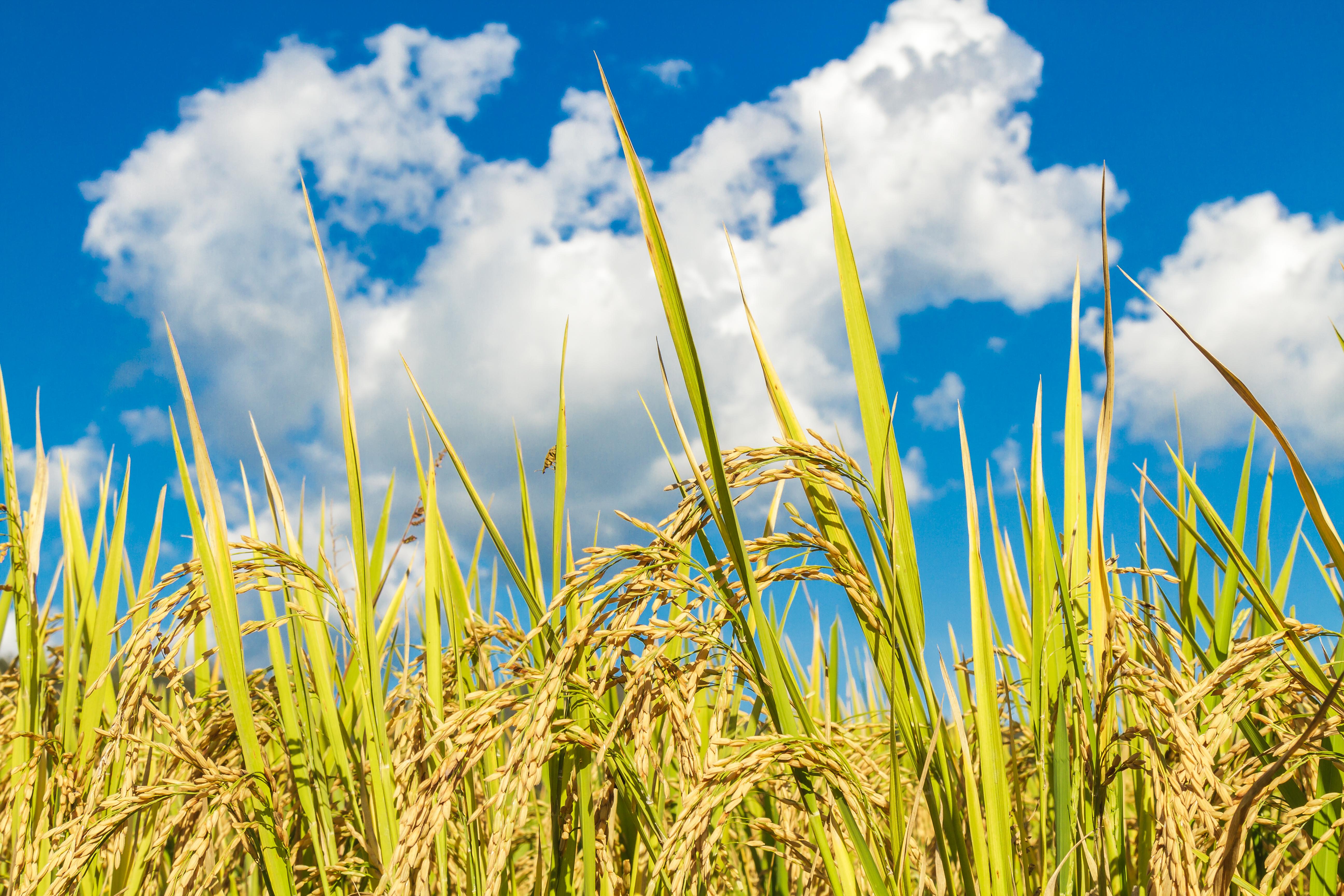Monsanto Challenges High Court Judgement Adversely Affecting Patentability in the Field of Agricultural Biotechnology

The Delhi High Court on April 11, 2018 pronounced its judgement in a litigation between Nuziveedu and Monsanto. The judgement held one of Monsanto’s important patents invalid. The patent was critical to Monsanto for protecting its business interest in their hugely successful Bt cotton seed variety Bollgard II.
The patent was held invalid under Section 3(j) of the Patents Act. Section 3(j) disallows patenting of “plants and animals in whole or any part thereof other than micro organisms but including seeds, varieties and species and essentially biological processes for production or propagation of plants and animals.” The Court held that the subject matter covered by the patent is “essentially biological process”, and therefore not patentable.
In the general sense, the patent in question claimed a selected sequence of a specific bacteria placed at a specific location in the plant genome, to produce a specific type of fusion protein. In practice, the resulting fusion protein would adversely affect pest(s) that are common to cotton plants.
The judgement is specifically important because it was common practice of the agro-biotech industry to protect key genetic material by claiming the same in a manner similar to the approach explained above, to work around the provisions of Section 3(j). Especially, the strategy enabled patent applicants in similar situations to argue that the claims are not directed at protecting plants and animals in whole or any part thereof, including seeds, varieties and species and essentially biological processes for production or propagation of plants and animals. Instead, the claims are directed at micro-organisms, which is not a subject matter barred from patenting. However, given the present judgement, the above discussed strategy, and in most cases the only available strategy, will not work anymore in securing patent protection for “inventions” of similar nature in the agro-biotech industry.
Monsanto has appealed to India’s Supreme Court against the ruling by the Delhi High Court. The agro-biotech industry and patent professionals will be closely watching this space given the far-reaching consequences of the outcome.
We hope this article was a useful read.
Please feel free check our services page to find out if we can cater to your requirements. You can also contact us to explore the option of working together.
Best regards – Team InvnTree
This work is licensed under a Creative Commons Attribution-NonCommercial 3.0 Unported License

 Follow
Follow



Leave a Reply